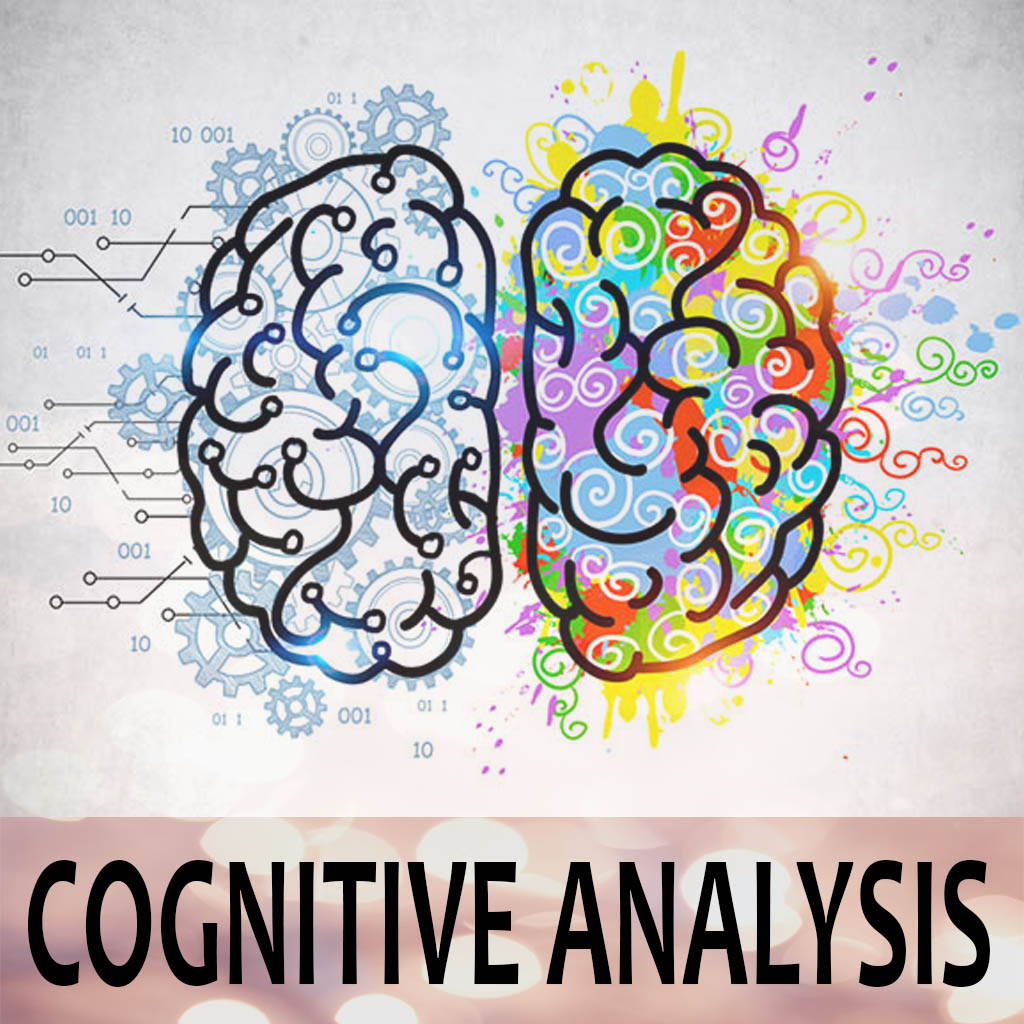Cognitive task analysis (CTA) is a type of Task analysis aimed at understanding tasks that require a lot of cognitive activity from the user, such as decision-making, problem-solving, memory, attention and judgement. The cognitive task analysis methods analyze and represent the cognitive activities users utilize to perform certain tasks. Some of the steps of a cognitive task analysis are: the mapping of the task, identifying the critical decision points, clustering, linking, and prioritizing them, and characterizing the strategies used (Klein, G. A. (1993). Naturalistic decision making: Implications for design. Wright Patterson AFB, OH: Crew Systems Ergonomics Information Analysis Center.). There is a collection of methods available for conducting a cognitive task analysis. Applied Cognitive Task Analysis (ACTA), the Critical Decision Method (CDM), Skill-Based CTA Framework, Task-Knowledge Structures (TKS) and the Cognitive Function Model (CFM) are a few examples. Cognitive task analysis has been used to examine:
|
CONGNITIVE ANALYSIS
₹300.00
Cognitive computing refers to technology platforms that, broadly speaking, are based on the scientific disciplines of artificial intelligence and signal processing.

Reviews
There are no reviews yet.